Don’t let insect bites ruin your summer fun! Learn how to use medicinal plants to soothe the itch, pain and swelling of stings and bites from mosquitoes, wasps, horseflies and more. These natural remedies are easy to find and use, and they can also help repel insects from bothering you. Whether you’re enjoying a picnic, a hike or a night out, you’ll want to have these plants handy for any insect encounter. Read on to discover the best medicinal plants for insect bites and how to use them effectively.
Sunny days and balmy nights – that’s what makes us humans lively, but also mosquitoes, horseflies, and wasps are now on the move again. It’s good that there are natural remedies for insect stings and bites that quickly and reliably alleviate the consequences of an unexpected sting.
During the day, wasps fight us for the cake or lemonade; at night, mosquitoes buzz on our ears – summertime is insect season. Their bites are usually harmless in our latitudes, but they are definitely unpleasant.
Don’t scratch bites!
When you find yourself on the receiving end of an animal bite, it’s crucial to resist the urge to scratch it. Why? Well, scratching can actually make the itch worse and increase the risk of infection. Instead, turning to natural homemade remedies for insect bites is a wise choice. Two fantastic options to consider are ribwort and onions. These remedies not only provide relief from itching but also help reduce swelling.
This becomes particularly important if you’ve been bitten by ticks, as they tend to reside near cow pastures and can introduce germs into the skin through their bite. To minimize the risk of infection, it’s recommended to employ these natural remedies.
Here’s a handy trick: sucking out the area can help remove potential pathogens from the bite. I can recommend this technique also for wasp and bee stings, as it can help prevent the spread of poison throughout your body. However, You should also exercise caution and ensure that you don’t ingest any venom or pathogens while doing so.
Nature offers us a range of remedies that can provide relief and aid in the healing process. With these natural solutions, you can take a proactive approach to treat animal bites and stings effectively.
You might also like this: 16 tips to keep cats out of plants
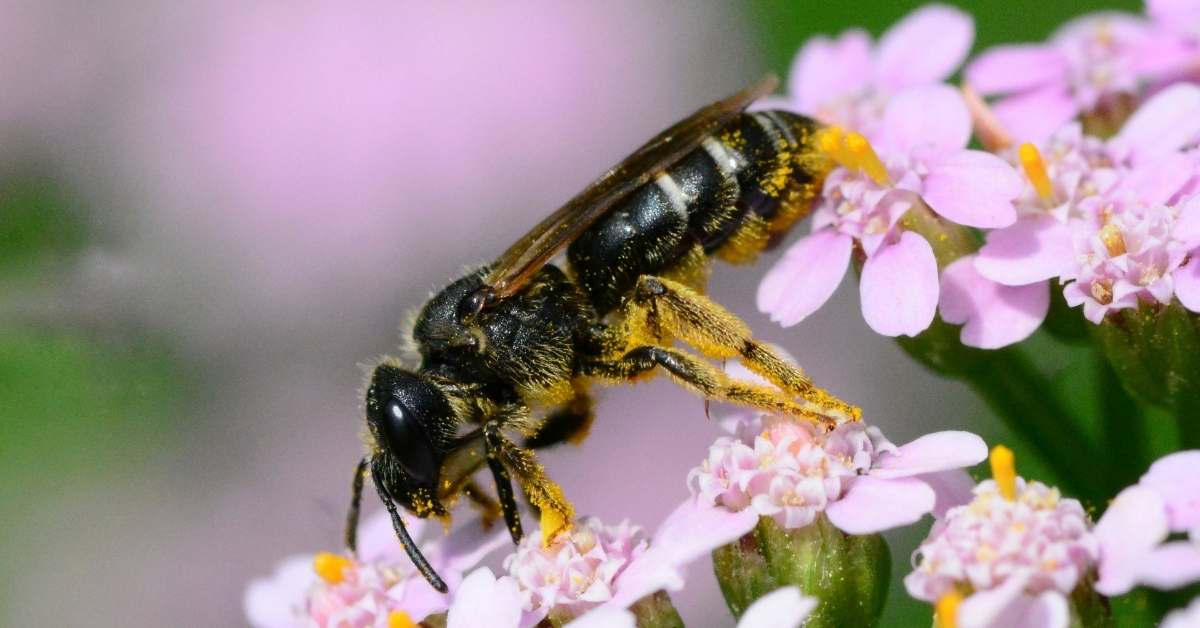
Important to know in case of a bee attack: They usually lose their barbed stings when they bite. You should remove it carefully with tweezers immediately without squeezing the poison sac on the sting.
Mosquitoes find incense (Plectranthus coleoides) repulsive. A few plants in the balcony box in front of the bedroom window ensure that you can spend the night without the annoying buzzing.
When airing the house, however, the light should be turned off; otherwise, an animal might dare to enter. Tagetes also keeps insects away, including flies. They are not comfortable at all with the fragrances emitted.
The crushed leaves of the savory soothe the itching if you press them on a mosquito bite. A poultice with arnica tincture works wonders for swellings after a bite. The same applies to treatment with a homeopathic ointment made from the flowers of arnica. In addition to the external treatment, you can also take arnica globules. Five sprinkling globules are recommended three times a day.
If you swallow a wasp with a drink and get stung in the throat, it can become threatening. Here you should suck ice cubes and call the ambulance. This also applies if a sting causes severe swelling, shortness of breath, nausea, or circulatory problems. This is usually due to an insect poison allergy, which can be life-threatening.
In the case of brake stings, it is advisable to disinfect the area to prevent inflammation. But often you don’t have a wound spray at hand. Vinegar water and lemon juice are beneficial. Ribwort plantain grows on almost all roadsides and is ideal for preventing stitches from swelling. You grind one or two leaves between your fingers and then apply the sap to the area.
How to avoid annoying insect bites?
Nothing ruins a nice outdoor activity like getting bitten by insects. Whether it’s mosquitoes, ticks, bees, or flies, these pests can cause itching, swelling, pain, and even diseases. Luckily, there are some simple ways to prevent and treat insect bites. Here are some tips to keep in mind:
- Cover up your drinks and use a straw. Insects are attracted to sweet liquids, so make sure you don’t leave your drinks exposed. Use a lid or a cover for your cups and bottles, and drink from cans with a straw. This will prevent insects from landing on your drink or crawling inside it.
- Avoid perfume and strong-smelling cosmetics. Insects have a keen sense of smell, and they can be drawn to fragrant products like perfume, lotion, shampoo, or soap. Try to use unscented or mild products when you go outside, especially in the evening when insects are more active.
- Wear light-colored and loose clothing. Dark colors can attract insects, especially mosquitoes. Light colors can reflect heat and make you less noticeable to them. Loose clothing can also create a barrier between your skin and the insects, making it harder for them to bite you. Wear long-sleeved shirts, pants, socks, and closed shoes as much as possible. You can also tuck your shirt into your pants and your pants into your socks for extra protection.
- Use insect repellent on your skin and clothing. One of the most effective ways to prevent insect bites is to use an approved insect repellent that contains 20 to 30 percent DEET on your exposed skin and clothing. Follow the instructions on the label and reapply as needed. If you are also wearing sunscreen, apply it first and let it dry before applying the repellent. Do not spray repellent directly on your face; instead, spray it on your hands and then rub it on your face.
- Use bed nets when sleeping outdoors. If you are camping or sleeping in an open area, use bed nets to protect yourself from mosquitoes and other insects. Look for a bed net that has been pre-treated with pyrethroid insecticide. Make sure the net covers your entire bed and reaches the floor or tuck it under the mattress.
- Minimize exposure to insects. Try to avoid areas where insects are likely to be found, such as stagnant water, garbage cans, flower gardens, or wooded areas. Stay indoors during dawn and dusk when mosquitoes are most active. Make sure your windows and doors have screens or nets to keep insects out of your home.
- Use plants that repel insects. Some plants have natural properties that can deter insects from coming near them. You can grow these plants in pots or in your garden to create a barrier against insects. Some examples of insect-repellent plants are basil, rosemary, lavender, mint, lemongrass, citronella, marigold, and geranium.
If you follow these tips, you should be able to enjoy the outdoors without worrying about insect bites. However, if you do get bitten or stung by an insect, here are some steps you can take to treat it:
- Remove any stingers or ticks. If you get stung by a bee or a wasp, use a credit card or a fingernail to scrape off the stinger from your skin. Do not use tweezers or squeeze the stinger as this can release more venom into your skin. If you find a tick attached to your skin, use fine-tipped tweezers to grasp it as close to the skin as possible and pull it out gently but firmly. Do not twist or jerk the tick as this can leave parts of it in your skin.
- Wash the area with soap and water. This will help prevent infection and remove any dirt or bacteria from the bite or sting.
- Apply ice or cold compresses. This will help reduce pain and swelling by constricting the blood vessels around the bite or sting. Wrap some ice cubes or a cold pack in a cloth and apply it to the affected area for 10 to 20 minutes at a time. If the injury is on an arm or leg, elevate it above your heart level.
- Apply anti-itch cream or lotion. To relieve itching and inflammation, you can use an over-the-counter product that contains calamine lotion, baking soda paste, or hydrocortisone cream. Apply it to the bite or sting several times a day until your symptoms go away. You can also take an oral antihistamine, such as cetirizine, fexofenadine, or loratadine, to reduce allergic reactions.
- Take painkillers if needed. For painful bites or stings, you can take an over-the-counter pain reliever, such as acetaminophen or ibuprofen. Follow the directions on the label and use the correct dose.
- Seek medical attention if necessary. Some insect bites or stings can cause serious complications, such as infection, allergic reaction, or disease transmission. If you experience any of the following symptoms after a bite or sting, see your doctor or a board-certified dermatologist immediately:
- Fever, chills, nausea, vomiting, or diarrhea
- Rash, hives, blisters, or pus
- Redness, warmth, tenderness, or swelling around the bite or sting
- Difficulty breathing, swallowing, or speaking
- Swelling of the lips, face, eyelids, or throat
- Dizziness, fainting, or loss of consciousness
- Weak and rapid pulse
- Joint pain or muscle aches
If you have a severe allergic reaction (anaphylaxis) to a bite or sting, call 911 or your local emergency number right away. If you have an epinephrine autoinjector (EpiPen, Auvi-Q, others), use it as directed and then seek medical help.
Now let’s discover natural remedies for insect bites and how you can use them.
6 Herbs for insect bites and stings
1) Coltsfoot
When it comes to coltsfoot, most people recognize its remarkable ability to soothe coughs. However, this versatile herb has more tricks up its sleeve! Did you know that the juice extracted from grated coltsfoot leaves can also provide relief from stings?
It’s like a natural superhero for those moments when you find yourself in an emergency. All you need to do is take a handful of coltsfoot leaves, give them a good grate between your palms, and then gently apply the resulting juice onto the sting. Voila! Say goodbye to the pesky discomfort and hello to the soothing power of coltsfoot.
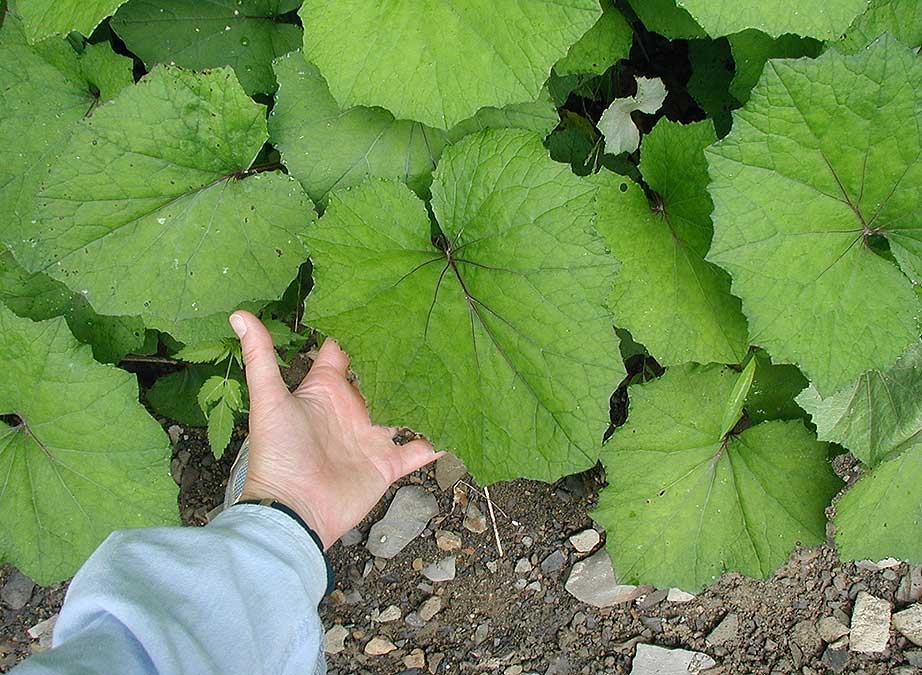
2) Leeks
Let’s talk about leeks, those fantastic herbs that can work wonders when it comes to relieving insect bites. You might be surprised to learn that it’s the bottom, white part of the leek that holds the secret to soothing those pesky bug bites.
Here’s what you can do: take that trusty leek, trim off the green tops, and focus on the white portion. Slice it up and apply it as a compress directly onto the insect bite.
The cool, soothing properties of the leek will work their magic and bring you much-needed relief from the discomfort. Who knew that a humble leek could be your go-to remedy for various insect bites? Nature has some amazing tricks up its sleeve!
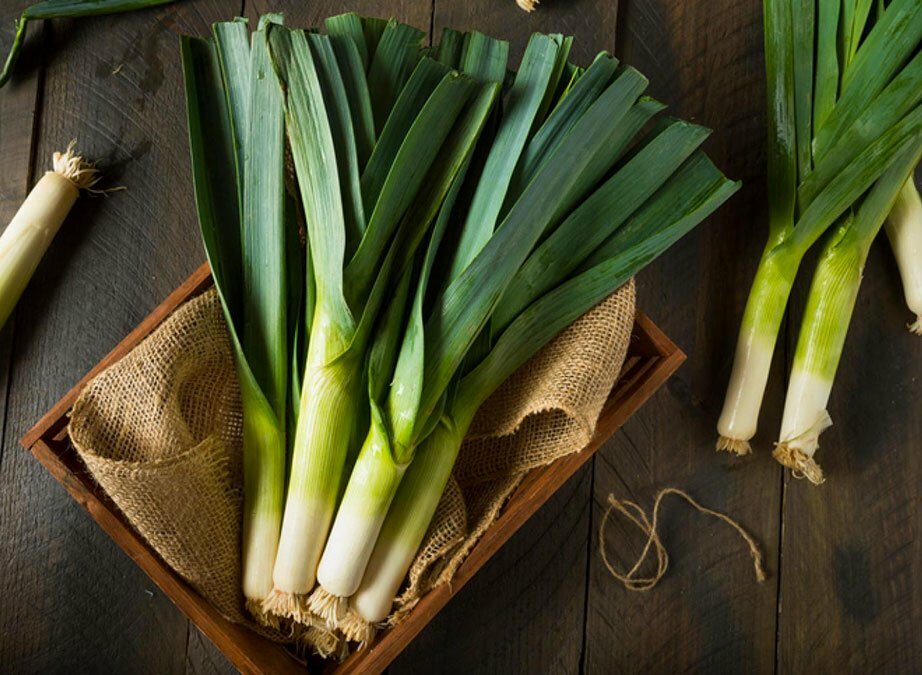
3) Basil
Basil, the aromatic herb that not only adds delightful flavor to our dishes but also has some surprising benefits. Did you know that you can use basil to create a soothing brew that helps alleviate stubborn itching? It’s a simple process that anyone can do at home. Here’s how: take four tablespoons of fresh basil leaves and add them to half a liter of water.
Let this fragrant mixture simmer for approximately five minutes, allowing the leaves to release their natural goodness into the water. Once done, strain the liquid and let it cool down, preferably in the refrigerator for a refreshing touch. Now you have your very own basil brew ready to work its magic on those persistent itches.
Apply it gently to the affected areas, and let the cooling properties of basil provide you with the relief you’ve been longing for. Who knew that basil could be such a handy ally in your quest for itch-free comfort?
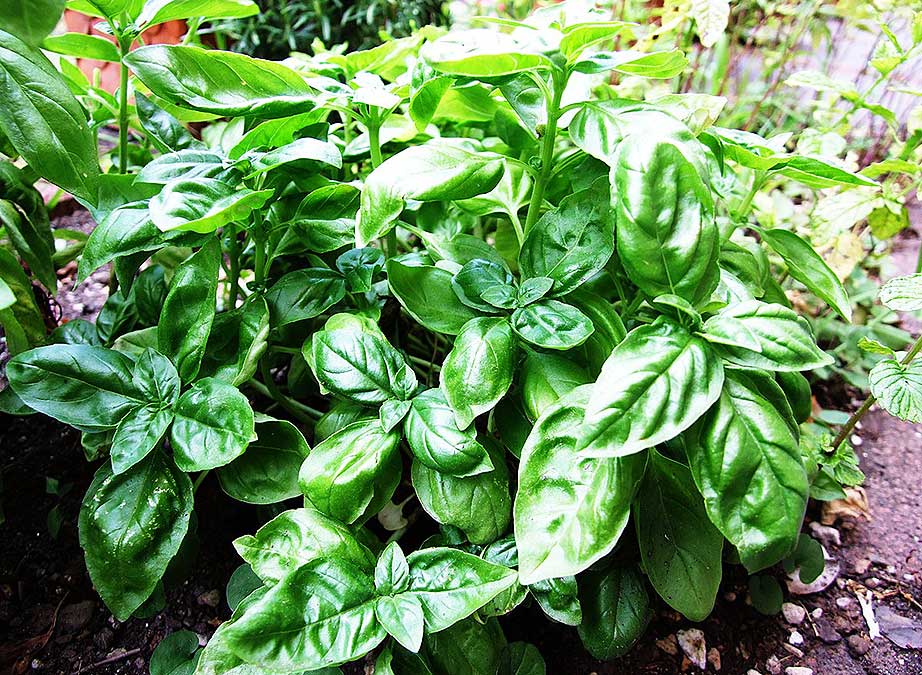
4) Onion
When it comes to wasp stings, onions might just be the unsung heroes of natural remedies. These humble veggies have a secret power that can help ease the discomfort and prevent inflammation. So, if you find yourself on the receiving end of a wasp sting, reach for some fresh onion slices.
Lay a few of them directly on the bite area and let their natural goodness work its magic. Not only will the onion provide relief from the sting, but it will also help keep inflammation at bay. It’s a simple yet effective trick that nature has provided us with.
So next time you encounter a wasp sting, remember to have some onions on hand for a quick and natural remedy. Your skin will thank you!

5) Lemon
Lemons, the zesty citrus fruits that bring a burst of freshness to our taste buds, have another impressive trick up their sleeve. Did you know that lemon juice can be a fantastic natural disinfectant and soothing agent for pricks and minor wounds? It’s as easy as can be. Take a fresh lemon, cut it in half, and expose the juicy surface.
Then, gently swipe the cut surface of the lemon over the affected area several times. The natural acidity of the lemon juice works to disinfect the prick, while its cool and soothing properties provide instant relief. It’s like a refreshing kiss from nature!
So, the next time you find yourself with a prick or a minor wound, grab a lemon and let its citrus magic do its thing. Your skin will thank you for the cooling and soothing sensation.

6) Sorrel
Sorrel, the remarkable plant that holds the power to alleviate itching and reduce swelling. When it comes to those pesky insect bites, sorrel is a natural go-to remedy. Here’s a simple yet effective trick: grab a sorrel leaf and place it directly on the insect bite.
Not only will it provide a soothing and cooling sensation, but it also works its magic to reduce itching and inhibit swelling. Nature truly knows how to offer us some relief! So, the next time you find yourself dealing with an insect bite, let sorrel be your trusty companion.
Just a leaf can make all the difference, providing you with the comfort you need. It’s a cool and refreshing solution straight from the bounty of nature.
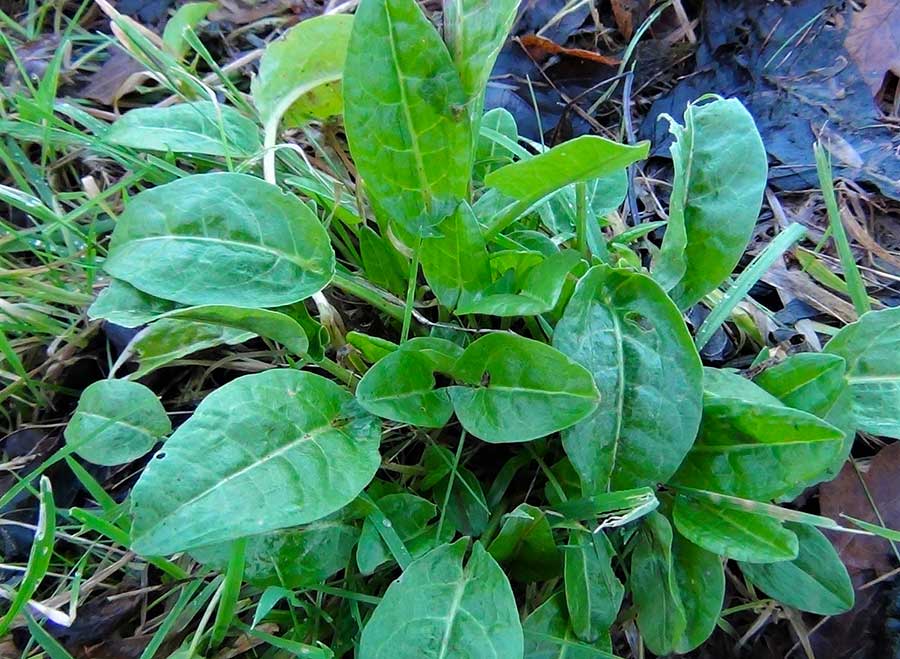
Tips against mosquitoes
Mosquitoes lay their eggs in rain barrels and puddles. The development from egg to insect takes only about three days in summer. As a precaution, rain barrels are covered with lids so that the females do not reach the water surface to lay their eggs. Pots or coasters filled with water should be emptied regularly. In garden ponds, fish are responsible for controlling the annoying mosquito larvae.
What is the best antihistamine for insect bites?
Insect bites can cause itching, swelling, and hives that can be very annoying and uncomfortable. One of the best ways to relieve these symptoms is to use an antihistamine, which is a type of medication that blocks the effects of histamine, a chemical that causes allergic reactions. Antihistamines can be taken by mouth or applied to the skin as a cream or lotion.
There are different types of antihistamines available over the counter or by prescription. Some of them may cause drowsiness or other side effects, so it is important to read the label carefully and follow the directions. Here are some of the most common antihistamines for insect bites:
- Diphenhydramine (Benadryl, Sominex): This is a first-generation antihistamine that can help reduce itching, swelling, and hives. It can also cause drowsiness, dry mouth, blurred vision, and dizziness. It should not be used by people who have glaucoma, asthma, or prostate problems. It should also be avoided by people who are driving or operating machinery.
- Cetirizine (Zyrtec): This is a second-generation antihistamine that can help reduce itching, swelling, and hives. It is less likely to cause drowsiness than diphenhydramine, but it may still cause some mild sedation, headache, or stomach upset. It should not be used by people who have liver or kidney problems or are allergic to hydroxyzine (Atarax).
- Fexofenadine (Allegra): This is another second-generation antihistamine that can help reduce itching, swelling, and hives. It is less likely to cause drowsiness than cetirizine, but it may still cause some mild headache, nausea, or diarrhea. It should not be taken with fruit juice or antacids as they can reduce its effectiveness.
- Loratadine (Claritin): This is also a second-generation antihistamine that can help reduce itching, swelling, and hives. It is less likely to cause drowsiness than fexofenadine, but it may still cause some mild dry mouth, headache, or fatigue. It should not be used by people who have liver problems or are allergic to desloratadine (Clarinex).
- Hydrocortisone cream (Cortizone-10): This is a topical antihistamine that can help reduce itching, swelling, and hives. It works by reducing inflammation and irritation in the skin. It should be applied thinly and sparingly to the affected area up to four times a day. It should not be used for more than seven days in a row or on broken skin or large areas of the body. It may cause some mild burning, stinging, or skin thinning.
Conclusion
In conclusion, insect bites and stings are common and annoying problems that can affect anyone who enjoys spending time outdoors. However, by following some simple tips, you can prevent and treat most insect bites and stings at home.
You can use insect repellent, wear appropriate clothing, avoid insect-infested areas, and use plants that repel insects. You can also treat bites and stings with ice, anti-itch cream, painkillers, and antihistamines.
If you have a severe reaction or a sign of infection or disease, you should seek medical help immediately. By being prepared and informed, you can enjoy the outdoors without letting insects ruin your fun.
FAQ
What is the best insect repellent to use?
The best insect repellent to use is one that contains 20 to 30 percent DEET, which is effective against mosquitoes, ticks, and other insects. You should apply it to your exposed skin and clothing, following the instructions on the label. You should also avoid spraying it directly on your face or near your eyes or mouth.
What are some plants that repel insects?
Some plants that repel insects are basil, rosemary, lavender, mint, lemongrass, citronella, marigold, and geranium. You can grow these plants in pots or in your garden to create a barrier against insects. You can also burn some rosemary or lavender to produce smoke that repels mosquitoes.
How do I know if I have an infection or a disease from an insect bite or sting?
Some signs of infection or disease from an insect bite or sting are fever, chills, nausea, vomiting, diarrhea, rash, hives, blisters, pus, redness, warmth, tenderness, swelling, difficulty breathing, swallowing, or speaking, swelling of the lips, face, eyelids, or throat, dizziness, fainting, loss of consciousness, weak and rapid pulse, joint pain or muscle aches.
If you experience any of these symptoms after a bite or sting, you should see your doctor or a board-certified dermatologist immediately. You may need antibiotics or other treatments to prevent complications.
Image credits: wildeherb snaped.fns.usda.gov/ wikipedia greengoldfarms wildfooduk
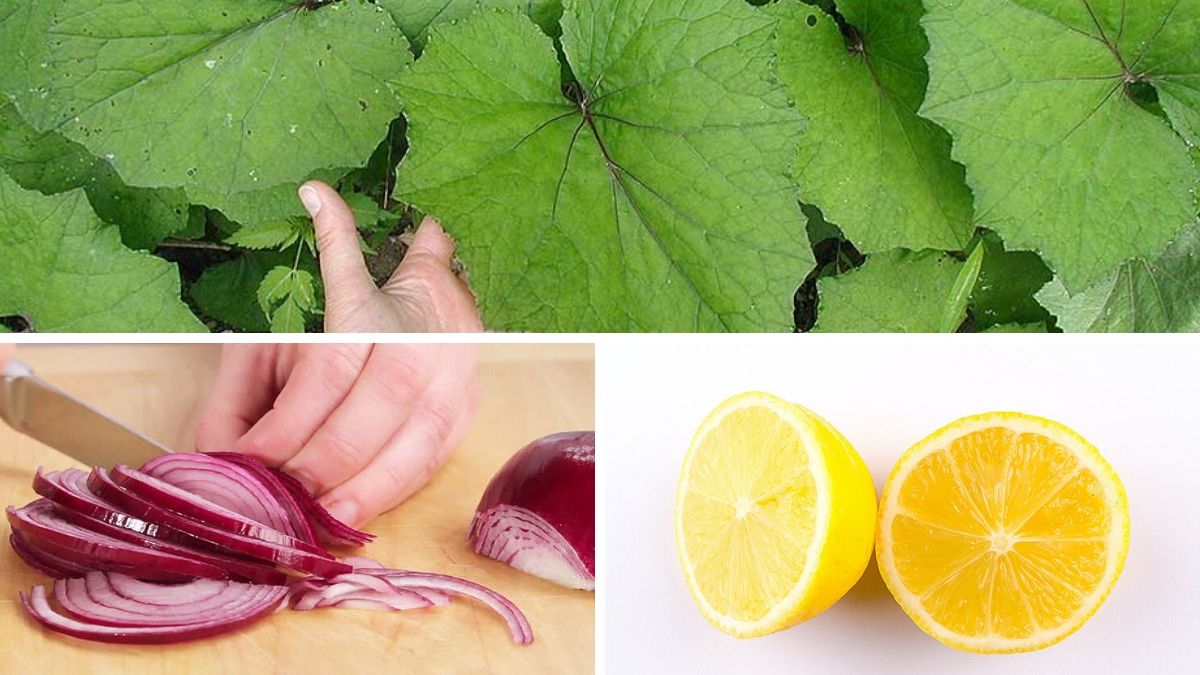
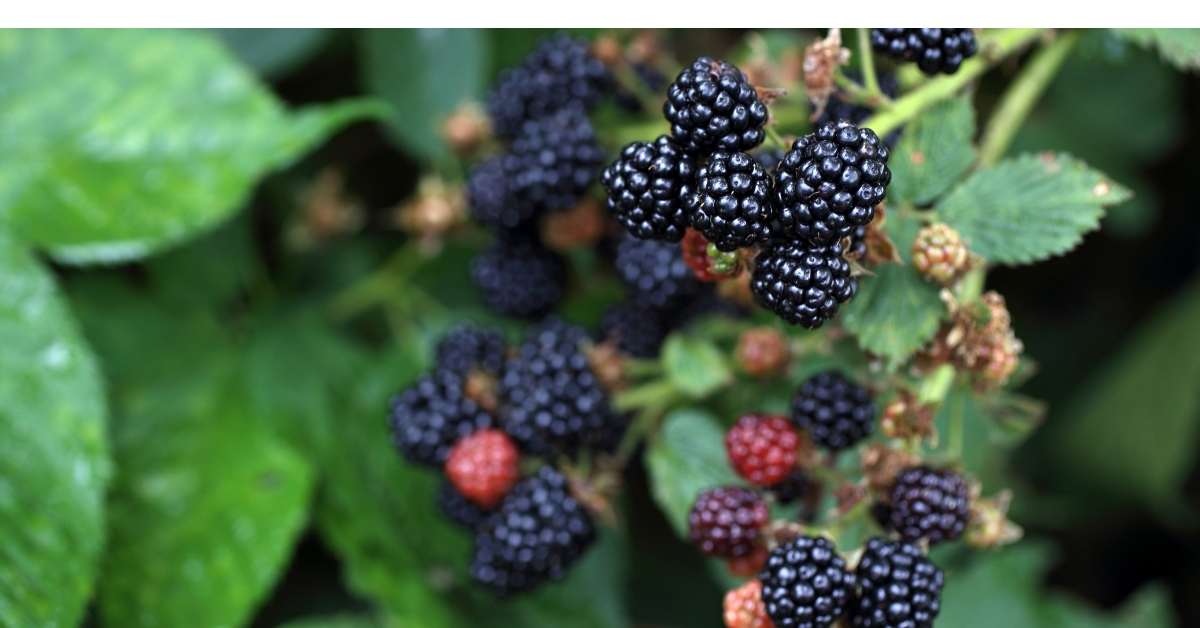
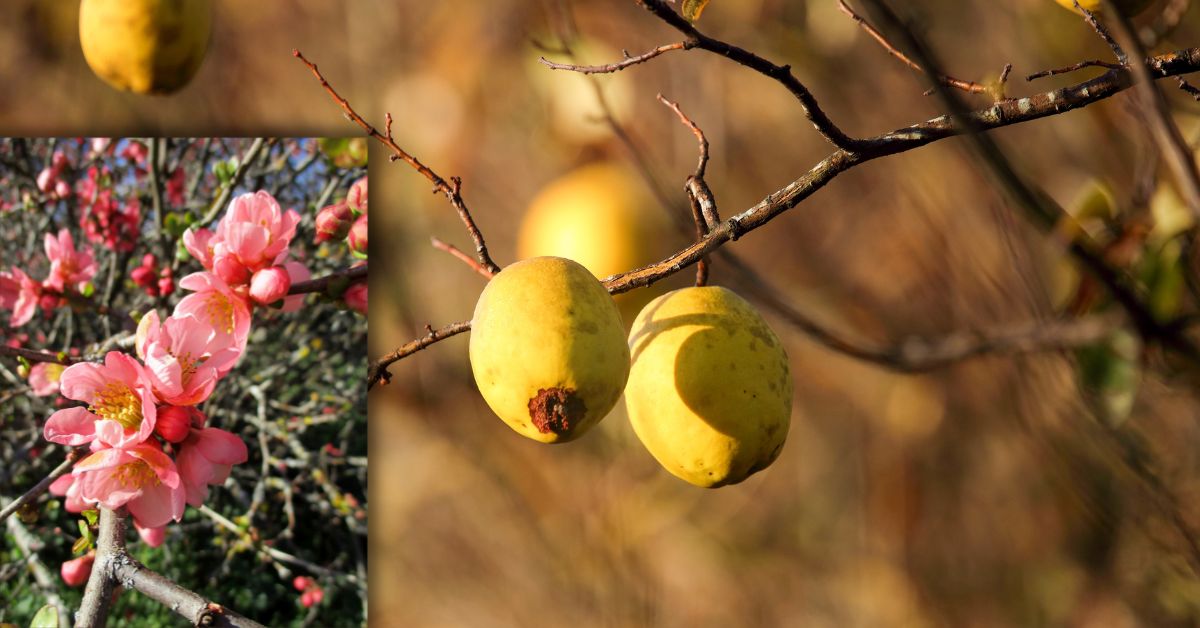
Awesome information you gave up there. How about the scorpions? Does coltsfoot help with scorpion sting?